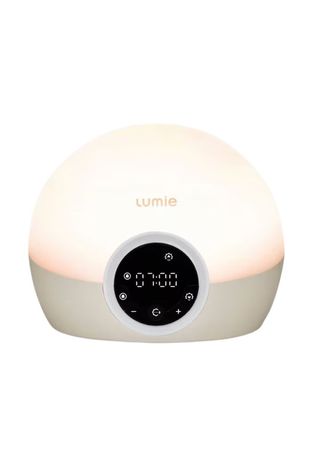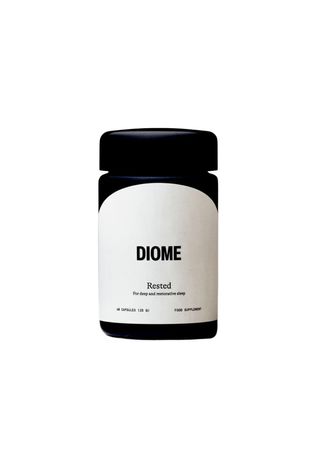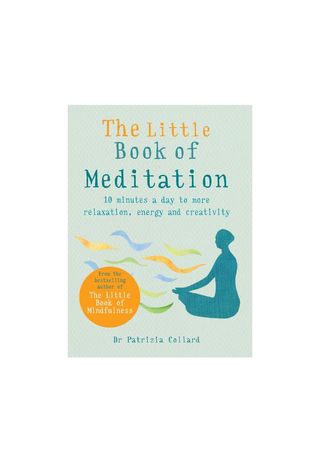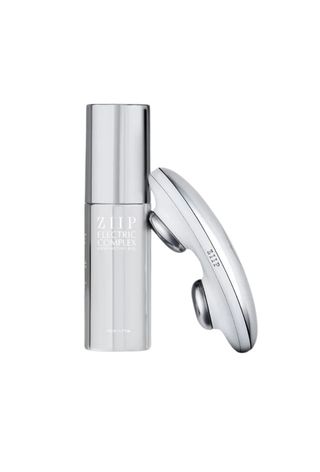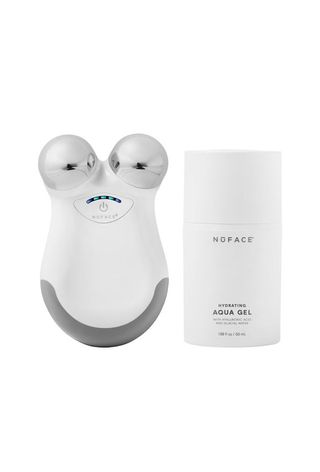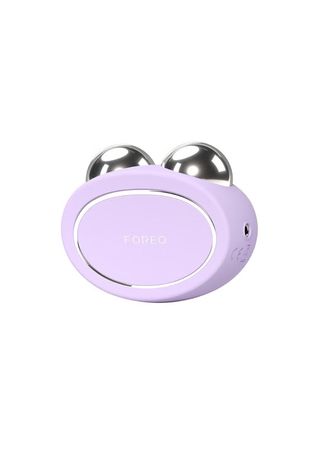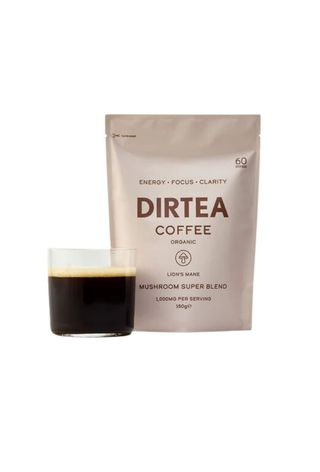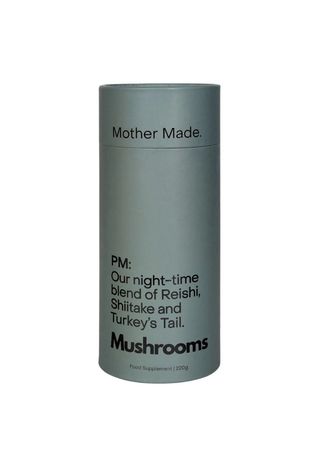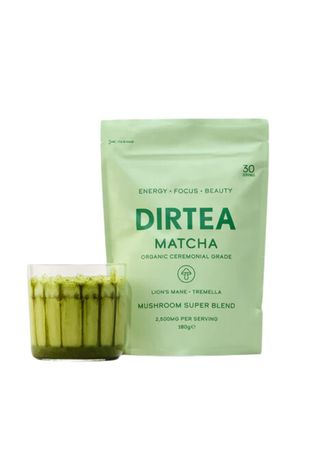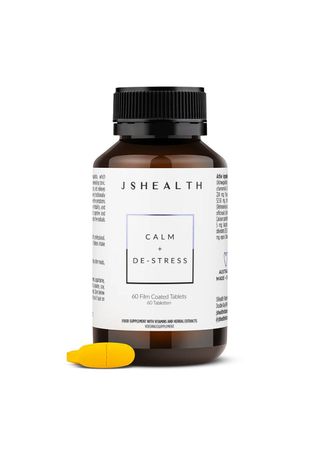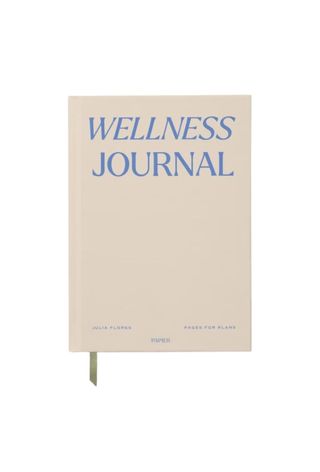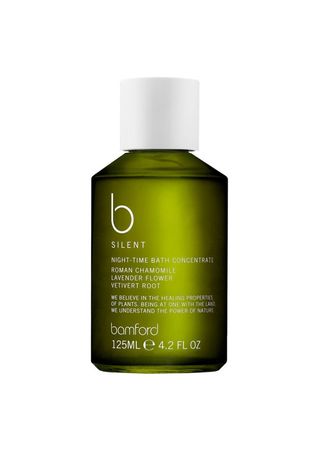Wellness trends are a funny thing, aren’t they? If I had to sum up what the word “wellness” means, my answer would probably involve eating your fruit and veg and moving your body from time to time. However, the definition of wellness can look different to everybody. For example, when I asked my colleague what wellness meant to her, she said that it was taking time out of her day to do what makes her feel good (which turns out to be a soak in the tub with the best bath products and a good book). But, truth be told, it’s not always that simple.
You probably don’t need me to tell you that wellness is having a moment right now. In fact, research from the Global Wellness Institute reveals that the wellness market is worth 26% more than it was pre-pandemic, and is now roughly four times larger than the global pharmaceutical industry. And with a flurry of new wellness hacks and trends being thrown at us, there is currently a lot of noise around what we should be doing to be as healthy as possible—and I don’t know about you, but I’m finding it quite overwhelming. All I have to do is open Instagram or TikTok and I’m met with 5am morning routines, complicated smoothie recipes, gruelling workouts, in-depth skincare routines and “75 day hard” challenges that make fitness boot camps look like a walk in the park. As someone who works 9-5 and likes to get as much rest as possible in between, it all feels a little too much.
So, when I was asked to look into this year’s biggest wellness trends, I had one aim: to cut through the noise and only give my time to the trends that are actually doable. I have reached out to a wide range of experts to get their honest opinions on what they think people will genuinely be prioritising this year—and from the look of it, everyone else seems to be craving a more simplistic approach, too.
Below, I’ve rounded up the wellness trends that are set to dominate in 2025, and luckily for us all, there’s not a 75 day hard challenge in sight…
The 7 Biggest Wellness Trends to Know About in 2025
1. Better Together
Is it just me, or does it feel like is joining run clubs right now? It seems that we are all wanting a bit more social interaction when it comes to working out, and according to the experts, this sense of community will become even more prevalent as the year goes on.
“We’ve seen a significant surge in applicants citing connection and community as their top reasons for joining The Club by Bamford,” says C.J. James-Leake, head of memberships at Bamford’s luxury wellness club, one of the most exclusive and talked-about UK wellness spots of the past year. “Many members have relocated to the Cotswolds post-pandemic, drawn by a shared desire to connect with nature and be part of a like-minded community. However, this trend isn’t limited to rural areas. In cities, group fitness experiences are reshaping the wellness landscape—from running clubs to Hyrox competitions and social sauna sessions. Group workouts are fast becoming the new personal training for 2025.”
And the reasons why we’re turning to human connection in our wellness routines doesn’t just make sense from a community perspective, but from a scientific one, too. Simon Salter, co-founder of health and wellness brand Dirtea, agrees. “Ancient tribes knew it—our survival wasn’t just about strength, but about unity. They depended on collective care for protection, resource sharing, and emotional warmth. Modern neuroscience backs what our ancestors lived by, showing how genuine human connection releases oxytocin, a powerful hormone that strengthens bonds, reduces stress, and boosts emotional wellbeing—proving we’re wired to thrive together.”
As explained by Salter, modern life has fractured these bonds. “The rise of extreme individualism and the addictive grip of social media—doom scrolling, constant comparison—has pulled us away from what truly matters. We’ve traded real connection for surface-level validation, leaving many craving something deeper and more authentic. We weren’t built to do life alone. We’re stronger together which is why wellness spaces are thriving. They remind us of what it means to be truly human: connected, supported and empowered to grow.”
2. The Night Shift
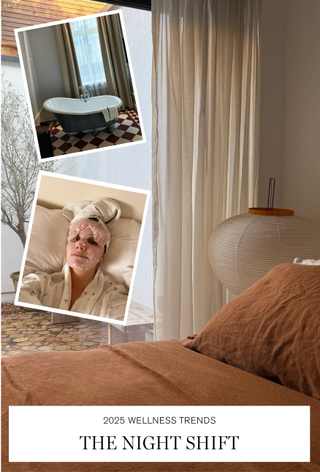
As you might have guessed already, I’m not much of an early riser. So the idea of an in-depth 5am morning routine is pretty much my idea of hell. Therefore, I was delighted to hear that this year will be all about our nighttime routines. Yep, forget waking up at the crack of dawn, 2025 is about spending time winding down before bed to ensure we wake up feeling as fresh as possible.
“2025 will mark the rise of evening rituals eclipsing the humblebrag morning routine,” says James-Leake. “Instead of focusing solely on how the day starts, the wellness-savvy will prioritise winding down to optimise sleep and set the tone for tomorrow. Expect meditation, breathwork, sleep retreats and digital wind-downs to dominate the conversation on how to rest to impress.”
You might be asking yourself, why is winding down so important? Well as it turns out, it can have a huge impact on our sleep. “Winding down at night is crucial for your health because it prepares your body for restorative sleep, which is vital for maintaining overall well-being,” says Jianne Jamil, founder and CEO of supplement brand, Diome. “As awareness of the importance of sleep continues to grow, people are likely to become more proactive in investing time and effort into building healthier night-time habits.”
So, what can we actually do to help wind down at night? Jamil recommends a few simple steps such as dimming the lights before bed and avoiding screens an hour or two before going to sleep. “The blue light emitted by phones, computers and televisions can interfere with melatonin production, a hormone necessary for regulating sleep,” she explains. Breathing techniques, meditation and going to bed at the same time every night can also help to maximise your sleep quality.
Shop the Trend:
3. Its All in the Tech

With technology (especially when it comes to AI) seeping into all aspects of our lives, it’s no surprise that it’s having a profound effect on the wellness industry. “AI and machine learning will likely make personalised wellness plans more accessible than ever [in 2025],” says Jess Sepel, clinical nutritionist and founder of JSHealth.
“The demand for wellness apps has grown significantly over recent years and even projected to keep growing at a compound annual growth rate of [approximately] 15% from 2024 to 2029,” adds Confidence Udegbue, VP of product at AI-based fitness and lifestyle coaching app Freeletics. “Users are increasingly looking for convenience and flexibility, whether it’s guided workouts, nutrition advice or mindfulness exercises, all available at their fingertips. Fuelling a new era in health and fitness, AI is changing the way we workout and recover.” Before, this kind of information would have only been available via one-on-one coaching, but now we have everything at our fingertips.
And technological advancements aren’t just helping with our fitness either. Take facials, for example. A wellness treatment that was once only available at clinics and spas, facials can now be achieved at home through at-home devices complete with apps that allow you to personalise your facial to suit your skin needs. “The future of beauty is all about personalisation, convenience and results—and apps are key to making that happen,” says Melanie Simon, co-founder of at-home facial device, ZIIP. “Personalised treatments allow you to target specific concerns at the right time, whether it’s calming irritation, boosting brightness or lifting and firming. They also give you more control over long-term skin health.”
As great as this technology is, it’s important to consider the downsides. “One potential downside is that people might overly rely on algorithms without fully understanding their training data and how representative it is of unique needs or limits. This is why education and human expertise remain essential alongside AI-driven solutions,” says Udegbue.
Shop the Trend:
4. Fibre Is the New Protein
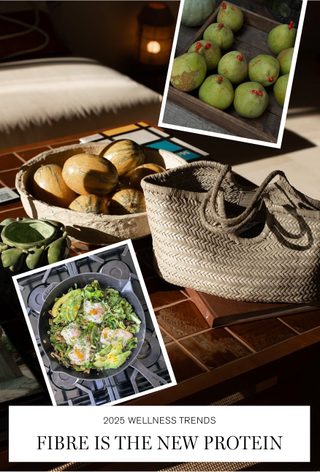
I think we all know the importance of protein in our diet by now. However, according to the experts, 2025 will bring about a larger focus on fibre and how much we are consuming on a daily basis.
“As we learn more about the gut-brain connection, fibre is taking centre stage for its incredible benefits,” says Pilates By Bryony founder and Dior Beauty wellness expert, Bryony Deery. “From improved digestion to reduced inflammation, this nutrient is a game-changer for both physical and mental well-being. Even though protein is just as important than ever, I think we will be seeing a big focus on fibre-rich foods and snacks.”
Government guidelines recommend that adults should be eating around 30g of fibre per day. However, according to the NHS, most adults are only eating around 20g a day on average. Wondering how to work more fibre into your diet? Fruits, vegetables, nuts and whole grains (think brown rice, quinoa and spelt) are great places to start. “A good rule of thumb is to aim for 30 different plant varieties per week—this includes fruits and vegetables as well as herbs, spices, grains, pulses, nuts and seeds,” says Dirtea nutritionist, Clarissa Berry. “This target can help you get creative with new foods to try, as well as promoting diversity and increasing your fibre consumption.”
However, Berry says it’s important to start slowly when introducing more fibre into your diet. “Not everyone can tolerate a high volume of fibre, particularly if they haven’t been eating a lot before, so go slowly if you plan to increase it and be guided by how you feel in your own body, rather than what you see working for someone else online.”
5. The Magic of Mushrooms
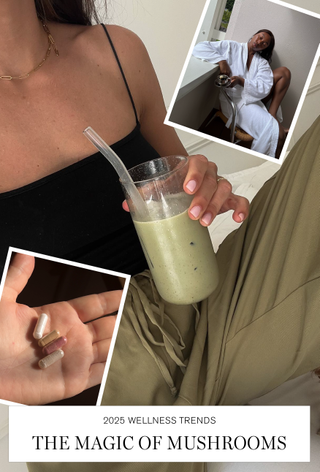
I don’t know if you’ve noticed, but mushroom supplements seem to be seriously trendy right now. When I first heard of this new wellness discovery, I thought it would be just another fad, but more and more people are incorporating mushroom supplements into their daily routines. My question is, what do they actually do?
“Mushrooms are [thought of as] nature’s alchemists, offering a huge range of benefits that [are believed to] enhance cognitive function, boost immunity, manage stress, boost energy, improve gut health and promote overall well-being,” says Jess Clark, founder of functional mushroom brand, Mother Made.
Berry agrees, and says that different mushrooms can provide unique health benefits. “Many functional mushrooms are also rich in ‘prebiotic’ compounds that nourish our gut bacteria, which can greatly contribute to gut health,” she adds.
So why are they suddenly popular? “I think people are craving a natural alternative to synthetic supplements, and mushrooms have proven time and time again just how powerful natural healing can be,” explains Clark.
“There is more awareness than ever about the benefits of functional mushrooms, and with more delicious ways to consume them appearing on the market, it’s only natural that people will find it easier to enjoy them,” adds Berry.
That being said, it’s important to approach any form of nutritional supplementation with caution. As iterated by the experts, when it comes to wellness, the key is listening to your body and finding out what works for you. Of course, you don’t need mushroom supplements in order to be healthy, and it is important to always check in with your doctor before adding any new supplements into your routine.
Shop the Trend:
6. Stress Less
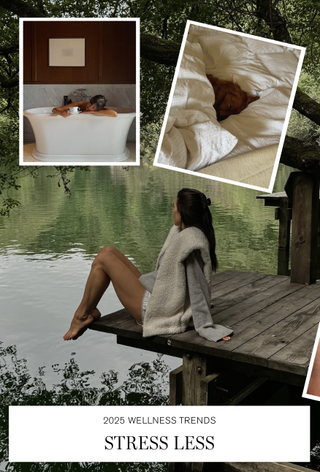
A trend that I can definitely get on board with in 2025 is stress management. After being incredibly busy over the past year or so, I have definitely felt the effects of not allowing myself to slow down for a moment, and I know lots of people who ended the year feeling burnt out and fatigued.
“Life isn’t slowing down anytime soon so I think people are intentionally seeking calm moments in their busy lives,” says Deery. “We will see a huge focus on tools like journaling, breathwork and sound healing [in 2025]. I think going to a sound bath with friends will be the new bar.”
In fact, Deery tells me that the sound bath and breathwork analytics on her Pilates By Bryony app app are higher than ever. “It’s amazing to see people investing in their mental health,” she says.
Shop the Trend:
7. Back to Basics
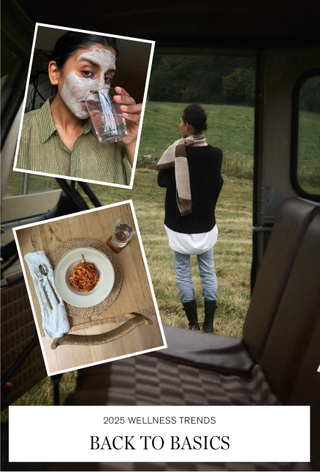
I felt that it was only right to end this wellness report on a trend that sparked the entire idea behind this feature in the first place. With so much information out there, it can be so hard to know what to eat, how to workout and when to rest in order to feel your best. According to the experts, this is the year that we take things back to basics.
“My hope is that people will move towards more mindful and flexible eating patterns that honour their unique biochemical needs,” says Sepel. “The wellness world can sometimes lean too heavily on trends, but the key is listening to your body and finding balance that works for you.”
Alongside this back-to-basics approach, Sepel says that quick fixes are out and holistic health is very much in. “Holistic health is becoming more popular as people realise that results from trendy diets or wellness fads are often short-lived,” she explains. “I believe we’ll see a gradual shift away from rigid, one-size-fits-all diets and towards a more mindful, flexible approach to eating and self-care. It’s a process, and it may take time, but I’m hopeful that people will eventually embrace a more intuitive way of nourishing themselves.”
I couldn’t have said it better myself.


